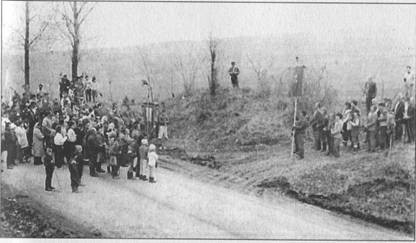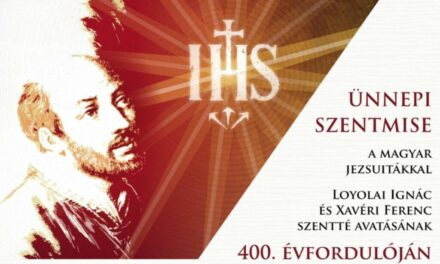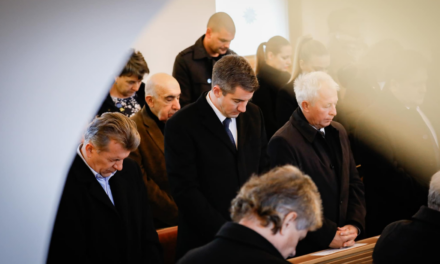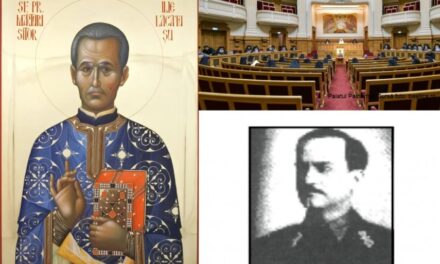Remembering the death of Jesus, on Good Friday the fire went out in every house, it was not even allowed to cook, a strict fast was observed everywhere. It was believed that whoever lit a fire that day despite the ban would be covered by worms.
Good Friday was also observed by the Reformed a strict fasting day, when believers refrained from meat and fats. They ate raw and dried fruit, soups, pasta, vegetables, poppy seeds, pie bread, which they had already prepared, or only ate cold, bread, onions, dried fruit or popcorn. But jam, nuts, honey, preserves, pickles or strong cottage cheese, which were already made in autumn, were considered fast food. The women did not bake bread on Good Friday because, according to their belief, it could turn to stone.
In many places, the mirror, which was considered a symbol of the way to the other world, was covered. They stopped the clock, pretended he was dead at the house. This day also gave people the opportunity to go to the cemetery to visit their dead and clean the graves.
Families walked to church early in the morning. Even people living several kilometers from the village started the long journey on foot, without horses or carts.
Crossing the border and avoiding the border was common . At such times, the men gather in front of the church and go in groups to the border, where they drive away the harmful forces from the fields by making noise and hoeing. The day of Jesus' death was considered an unlucky day for work, so all work related to animal husbandry and farming was avoided. They didn't even wash because they were afraid that the wearer of the clothes would be struck by lightning. The person who sewed it pricked Jesus' wounds, so to speak, so this was also avoided. On this day, the women neither spun nor wove.
Source: historikocikkek.hu
Featured image: sulinet.hu













